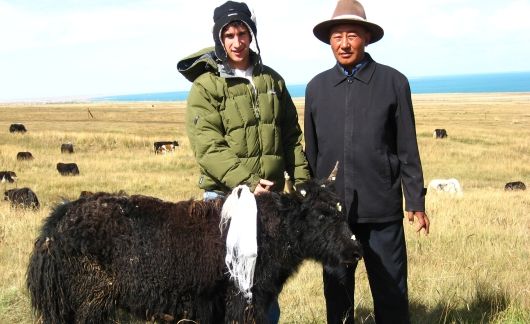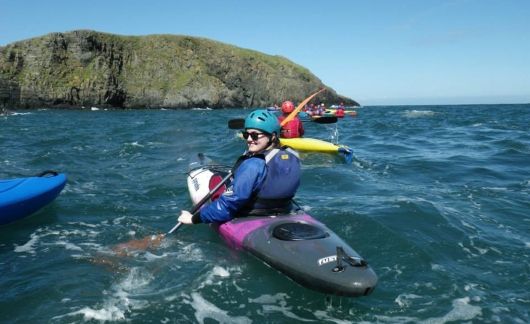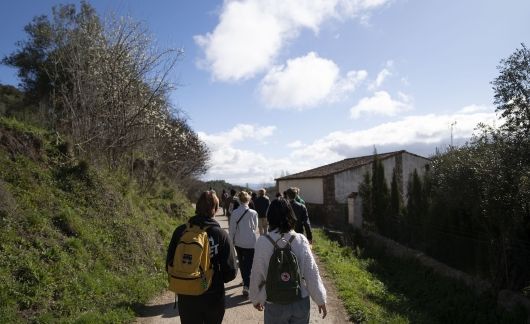Safety Tips
We’ve coached thousands of students on how to stay safe abroad. It takes a combination of attention, intention, and, in some cases, intervention. It’s not rocket science – but it takes an effort to be mindful and alert while you travel. There are always distractions, but you can plan for them and be intentional about protecting yourself and your possessions. It starts by learning to recognize when it’s essential to pay attention, and asking your traveling companions to intervene if they see that you’re not fully engaged with your surroundings.
Before You Depart
Please log your travel in the Travel Tracker, via your MyCIEE account. Sign up for the U.S. Department of State’s Smart Traveler Enrollment Program.
Here’s what students can do to keep safe:
- Look out for each other. If you think a friend isn’t making the best choice, speak up! Intervene! Ask friends to do the same for you. Practice safe drinking. Don't accept or let your friend accept a drink from people you don't know and never leave your drink or theirs unattended – if you’ve left your drink alone, just get a new one. Predatory drugs or “date rape” drugs can quickly leave you unable to protect yourself. You could prevent a theft or sexual assault, or even save a life.
- Trust your instincts. Traveling can put you in vulnerable situations. Listen to that voice in your head. If you hear “No, no, no,” pay attention! You’re probably right.
- Pass on driving. Risks far outweigh benefits when it comes to DWA – Driving While Abroad. Don’t do it. Driving in foreign countries is a top cause of serious injury and even death.
- Realize that alcohol and drugs alter your brain – and judgment. Drinking abroad may be legal, but it still affects your judgment. And in places where you may not know the cultural cues, etiquette, and warning signs that what you’re doing isn’t safe, adding alcohol or drugs puts you at greater risk. And it impedes your ability to be intentional, pay attention, and intervene.
- Invest in your safety. You may be on a budget, but think twice before opting for the cheapest accommodations and transportation. The cheapest taxi may have worn tires and unreliable brakes. The cheapest restaurant may host some not-so-upstanding citizens that see you as an ATM – American Traveling with Money. Plan ahead so you can afford safe options.
- Have a plan and share it. Know your destination, and share it via email with CIEE staff members, family members, and your school advisor. Communicate changes in your plans so CIEE staff members always can contact you if necessary.
- Control what you can. Crime involves means, motive, and opportunity. You can’t control the first two, but you can watch your belongings – and your back. Limit opportunity as theft is the most common crime against students studying abroad.
- Be alert. The effects of alcohol, drugs, and even headphones can prevent you from following your instincts and being aware of your surroundings.
- Ask for help when you need it. If something happens, don’t hide it. Contact a CIEE staff member right away, or ask a relative or your study abroad advisor to contact CIEE. It’s important to us that you get support and assistance when you need it.
- Avoid drugs and alcohol. Yes, this bears repeating. Add alcohol or drugs to an unfamiliar environment and culture, and you set yourself up for trouble.
- Water safety. Never swim at any location without a lifeguard present. Be aware of the dangers of rip currents at beaches, never swim alone (use the buddy system), never swim at night, and never drink alcohol and swim! When boating, wear a life jacket.


